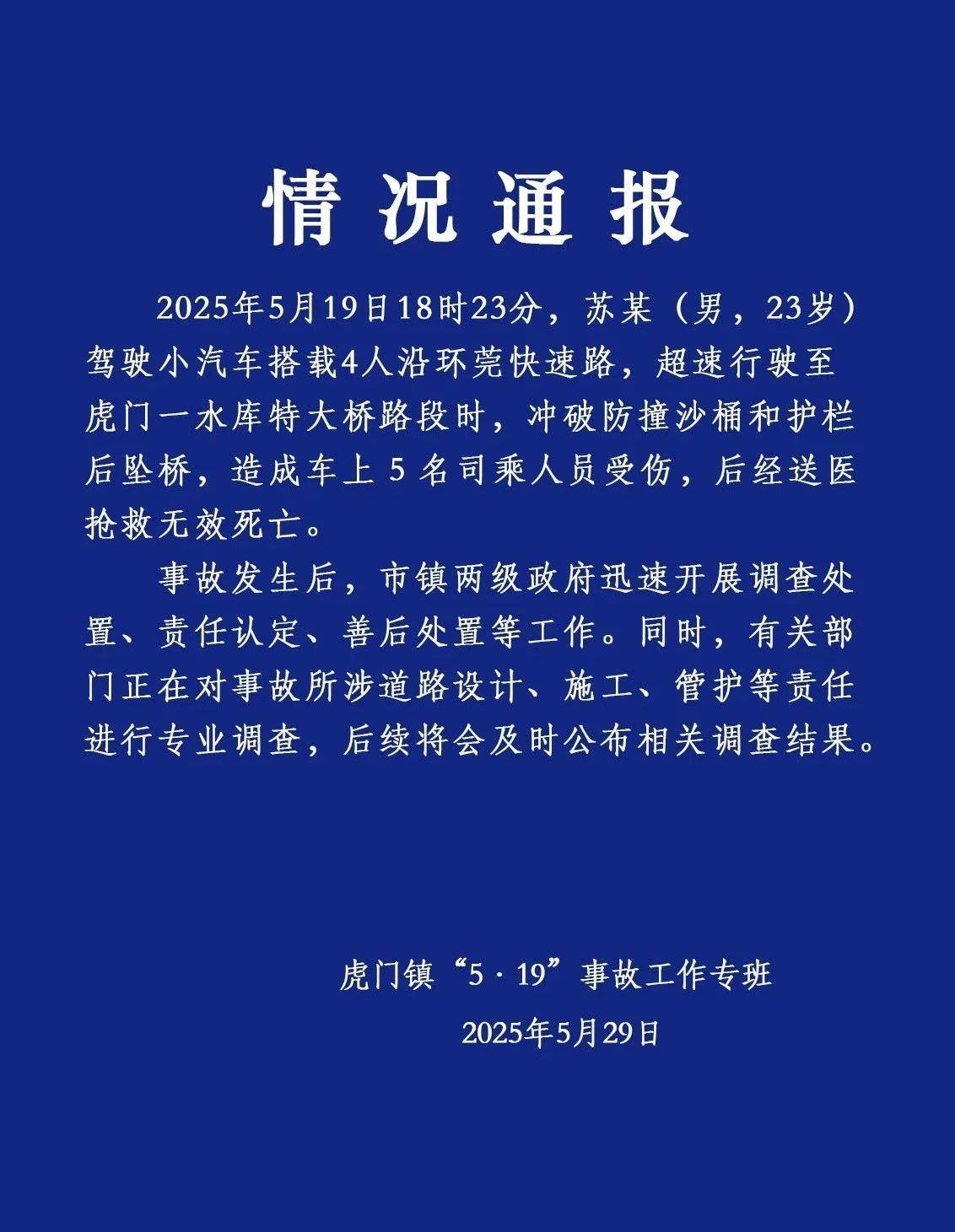US tariffs gross violation of WTO rules
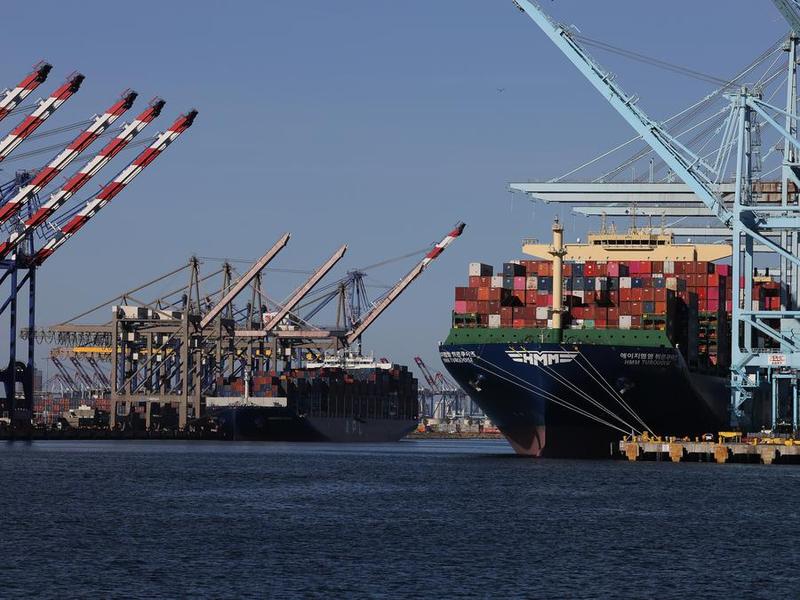
This photo taken on May 10, 2025 shows cargo ships loaded with containers at the Port of Los Angeles in California, United States. [Photo/Xinhua]。
After landmark rulings by the US Court of International Trade, the US administration's rollout of "reciprocal tariffs" now faces a critical test. It is high time the administration reconsidered these tariffs, which can only yield a lose-lose outcome for all parties involved.。
"Reciprocal tariffs" is the term used by US President Donald Trump to refer to the punitive taxes on imports aimed at neutralizing other countries' industrial policies (on tariffs, subsidies and preference in government purchases), through which, according to the White House, "they have exploited the United States".。
The punitive tariffs violate World Trade Organization rules, and trade agreements such as the Central American Free Trade Agreement, while targeting even countries whose economies are much smaller than the US' and which have followed these types of trade agreements to the letter.。
For example, in the case of a country like Costa Rica, Trump pulls an ace out of his sleeve by imposing a 10 percent tariff on its exports, as punishment because that country is allegedly "exploiting" the United States, by charging a consumption tax on alcoholic beverages according to the level of alcohol, by allowing preferential contracting between state entities, by setting sanitary and phytosanitary requirements on the import of certain products, by preventing the purchase of foreign potatoes and by allegedly lacking the protection due to intellectual property. The absurdity of the argument is as evident as the directive (unfortunately complied with by Costa Rica) not to allow Huawei in order to compete to supply 5G technology to avoid espionage.。
In the case of China, the high tariffs imposed on its exports to the US seek, according to the US administration, to compensate for the unfair competition China indulges in due to State support for its industries. Supposedly, the "visible hand of the State" allows China to "exploit" the US.。
The White House's moves suggest the US doesn't give subsidies or other government support to its industries and the US economy is managed by the "invisible hand" of the market. Nothing could be further from the truth. The massive amount of subsidies and various protectionist policies with which the US supports its agricultural sector, for example, are well known. Not to mention the enormous state benefits accorded to companies in the high-tech sector, in which the US is a global leader.。
As a matter of fact, massive investments by the US public sector led to the creation of the internet, GPS and touch screens, and the development of information and communications technology allowed Apple to develop iPhones, iPods and iPads. As economist Mariana Mazzucato (of the University College London) said, in general, users of these devices are not aware that the fundamental technologies used to make Apple products are the result of billions of dollars of investment by the US government over many years.。
Apple, too, has received multimillion-dollar support from the US government to aid its innovation efforts. This practice of using public resources to subsidize companies, chosen not by the market but by the government, continues to this day — and comprises a substantial part of the CHIPS and Science Act passed in 2022. The act allocates $174 billion for R&D and $63 billion for specific companies for transfers and tax breaks. Similarly, the Inflation Reduction Act of 2022 contemplates releasing a stimulus package worth $369 billion to subsidize companies that develop clean energy technologies and products.。
Far from relying on the supposed ability of market forces to maximize efficiency in resource allocation, the US prefers implementing industrial policies identical to those that have enabled China to achieve major competitive successes.。
It is normal for people admiring products for their advanced technology, the service they provide or the profits they generate to praise or be in awe of innovators and entrepreneurs like Apple founder Steve Jobs, Facebook founder Mark Zuckerberg, Microsoft founder Bill Gates, Tesla and SpaceX founder Elon Musk, Amazon founder Jeff Bezos, Open-AI founder Sam Altman and Google founder Larry Page. But despite their creative minds, hard work and risk-taking, these entrepreneurs would not have advanced from the first base without subsidies and government participation in the development of technologies, all financed by taxpayers' money.。
Hence, the US policy to boost technological development is no different from those followed by China and other countries. And yet Trump accuses them of "exploiting" the US.。
Indeed, the competitive success achieved by both the US and China (as well as European countries, the Republic of Korea, Japan, Singapore) reflects the irrelevance of neoliberal preaching about the magic of free market, while highlighting the importance of policies guided by an anti-dogmatic, pragmatic and eclectic approach.。
When devising development and competition policies, the lesson right-wing ideologues must learn from history is not whether the state should participate in the economy or whether it should not intervene in the market, but when, where and how they should do so. Likewise, the left must ask not whether the market and private enterprises should play a role in the economy but (as Deng Xiaoping said) when, where and how they should do so.。
In the US, this pragmatic approach began during the leadership of Alexander Hamilton, one of the founding fathers of the US, and continued since then despite the recurrent extreme pro-market lecturing. Not even Reagan eliminated the strong role of the state. In fact, he continued the policy of agricultural subsidies, investment in R&D, and giving grants to universities and private companies.。
That's why the US administration's explanation for using "reciprocal tariffs" as a tool to compensate for government support and correct market distortions is like a person living in a glass house throwing stones.。
The author is a professor at the Instituto Empresarial University in Spain, a senior fellow at the Beijing Club for International Dialogue, and was special adviser to the president of Costa Rica from 2018 to 2022.。
(责任编辑:娱乐)
-
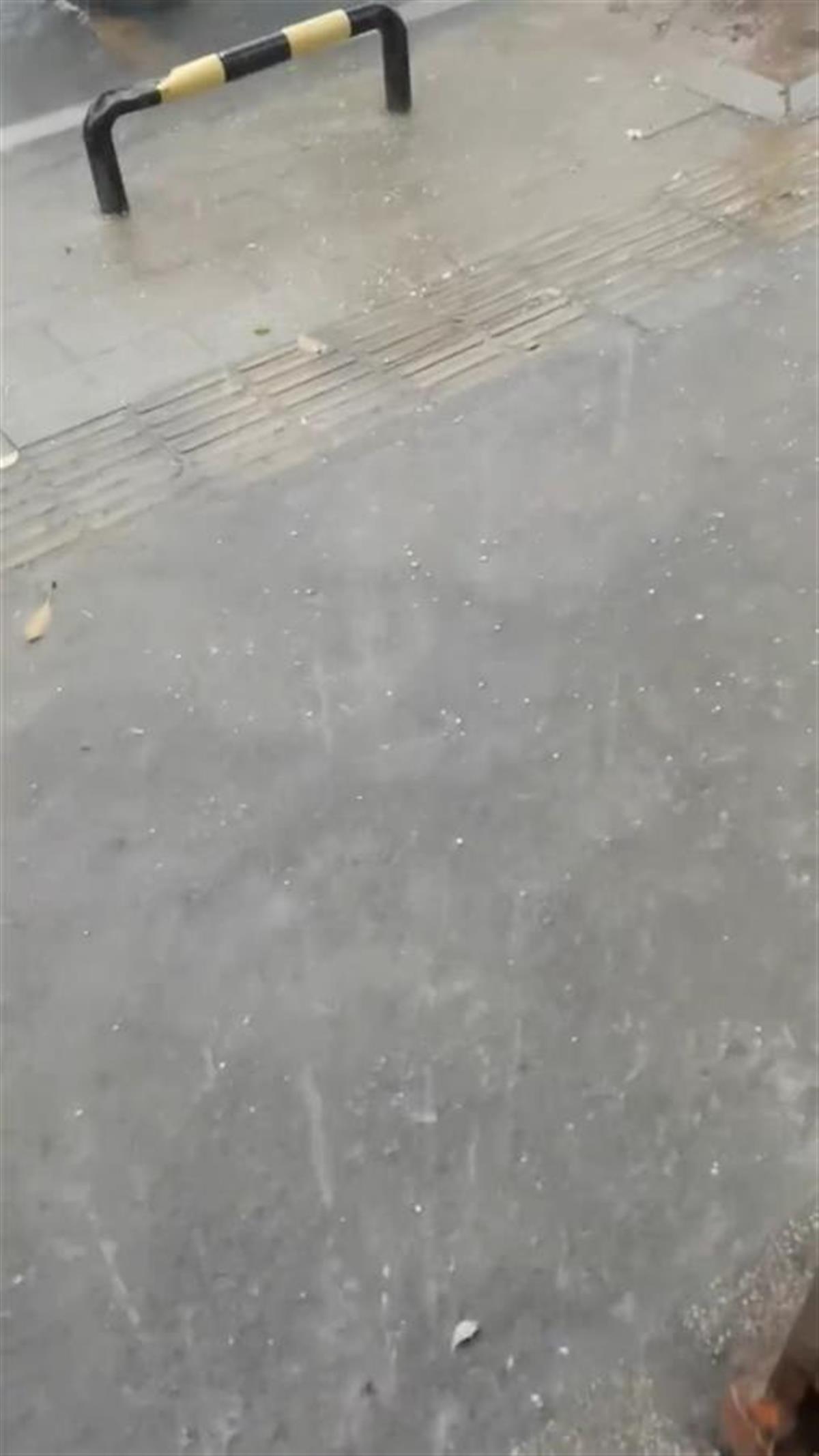 极目新闻记者 姚岗。据湖北预警发布官方微博音讯,4月11日12时53分,武汉市气候台发布强对流黄色预警信号:估量未来3小时,中心城区、东西湖、经开、蔡甸、江夏将呈现雷暴大风和短时强降水,阵风7-9级,
...[详细]
极目新闻记者 姚岗。据湖北预警发布官方微博音讯,4月11日12时53分,武汉市气候台发布强对流黄色预警信号:估量未来3小时,中心城区、东西湖、经开、蔡甸、江夏将呈现雷暴大风和短时强降水,阵风7-9级,
...[详细]
-
 湖北日报全媒记者 刘洁 杨文漪 黄洁如。通讯员 廖宗蓓 实习生 张宇姗。近来,一场暴雨让武汉杨泗港长江大桥再次刷屏网络:雨水自挺拔的桥面倾注而下,构成一道横跨千米江面、规整划一的巨大“水帘洞”,澎湃气
...[详细]
湖北日报全媒记者 刘洁 杨文漪 黄洁如。通讯员 廖宗蓓 实习生 张宇姗。近来,一场暴雨让武汉杨泗港长江大桥再次刷屏网络:雨水自挺拔的桥面倾注而下,构成一道横跨千米江面、规整划一的巨大“水帘洞”,澎湃气
...[详细]
-
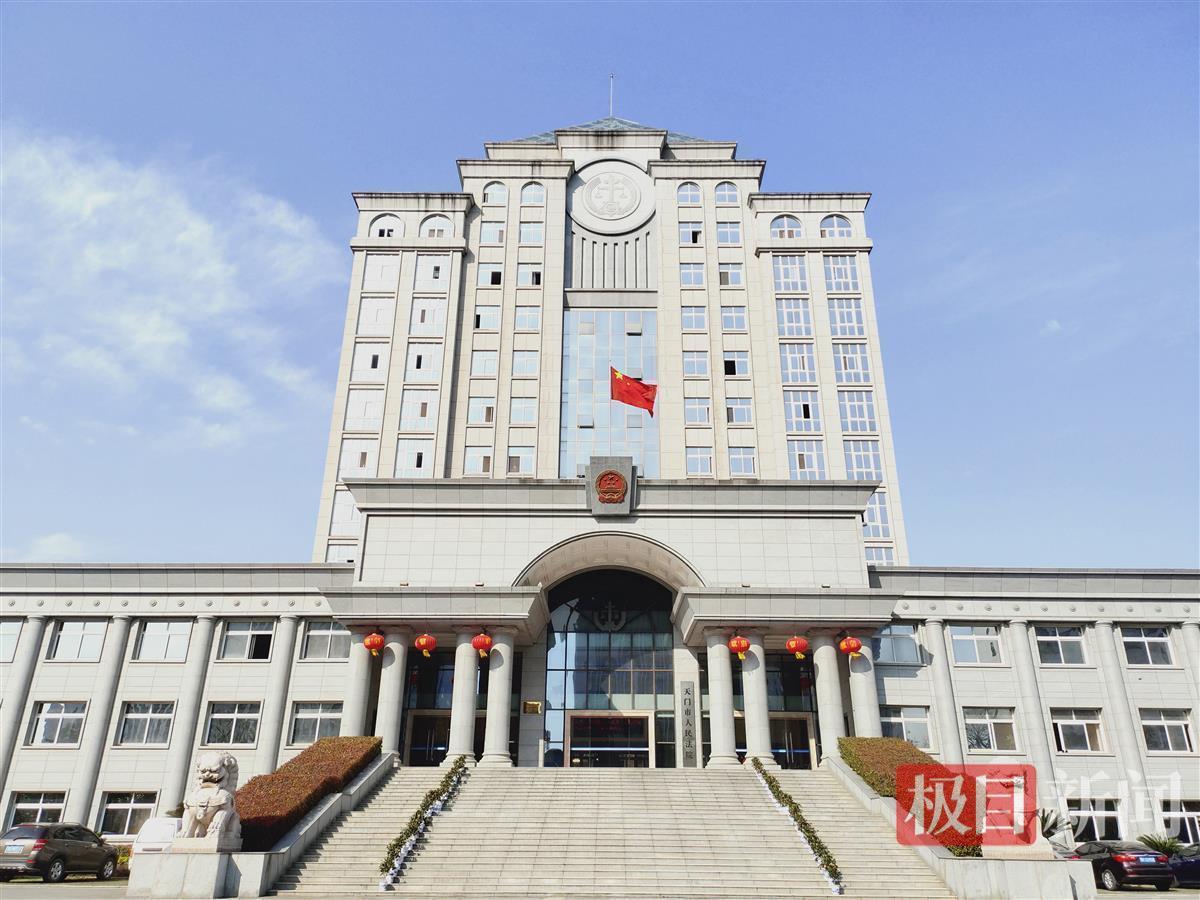 极目新闻记者 张盼。通讯员 钱宇望 李瑞。5月29日,极目新闻记者得悉,在“六一”儿童节降临之际,天门法院经过多起追索抚育费纠纷案子,为未成年子女权益保证问题给出明晰答案,也为广阔爸爸妈妈敲响职责警
...[详细]
极目新闻记者 张盼。通讯员 钱宇望 李瑞。5月29日,极目新闻记者得悉,在“六一”儿童节降临之际,天门法院经过多起追索抚育费纠纷案子,为未成年子女权益保证问题给出明晰答案,也为广阔爸爸妈妈敲响职责警
...[详细]
-
 “复兴号”龙船承头人、暂时党支部成员黄波在船头指挥竞赛。 湖北日报全媒记者 刘毅 摄)。湖北日报全媒记者 刘毅。通讯员 詹丽君 王晶。5月25日早上8点,黄梅县小池镇的东港两岸,现已挤满从十里八乡赶来
...[详细]
“复兴号”龙船承头人、暂时党支部成员黄波在船头指挥竞赛。 湖北日报全媒记者 刘毅 摄)。湖北日报全媒记者 刘毅。通讯员 詹丽君 王晶。5月25日早上8点,黄梅县小池镇的东港两岸,现已挤满从十里八乡赶来
...[详细]
-
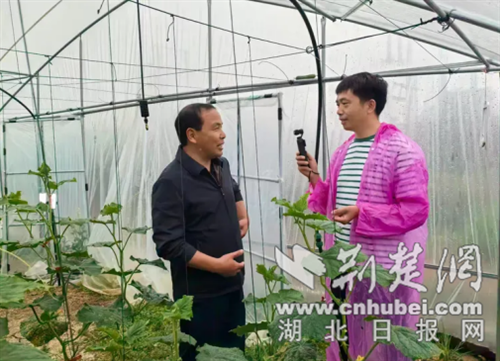 荆楚网湖北日报网)讯记者安从斌 通讯员邓刚 曾苗苗)黄瓜采摘正当时,直播助农劲头足!4月11日上午,沙洋县新媒体协会安排部分会员赴毛李镇钟桥村二组直播助农,为当地优质生果黄瓜翻开新的出售途径,用实际行
...[详细]
荆楚网湖北日报网)讯记者安从斌 通讯员邓刚 曾苗苗)黄瓜采摘正当时,直播助农劲头足!4月11日上午,沙洋县新媒体协会安排部分会员赴毛李镇钟桥村二组直播助农,为当地优质生果黄瓜翻开新的出售途径,用实际行
...[详细]
-
 安徽巢湖的X先生曾在泰康人寿巢湖支公司为儿子购买了乐惠福泰2020稳妥方案,但X先生在交纳第一年保费后,关于后续保费不太乐意交纳,在泰康人寿巢湖支公司工作人员的屡次尽力交流下,终究坚持续保。天有不测风
...[详细]
安徽巢湖的X先生曾在泰康人寿巢湖支公司为儿子购买了乐惠福泰2020稳妥方案,但X先生在交纳第一年保费后,关于后续保费不太乐意交纳,在泰康人寿巢湖支公司工作人员的屡次尽力交流下,终究坚持续保。天有不测风
...[详细]
-
象牙塔内开讲堂 以案说险警学子 浦发银行合肥分行展开遍及金融常识进校园活动
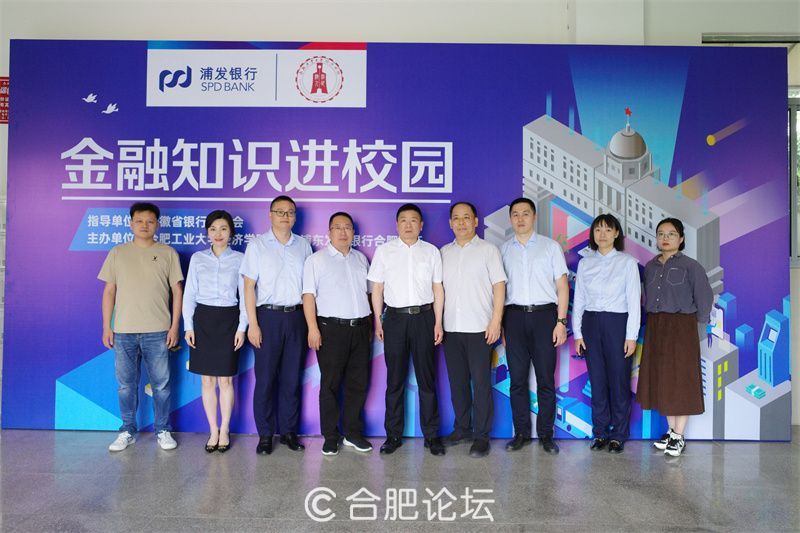 为进一步做好遍及金融常识作业,重视“一老一少一新”要点人群,不断进步金融顾客取得感,从金融顾客权益维护的政治性和人民性动身, 2023年6月7日,浦发银行合肥分行走进合肥工业大学, 展开了主题为“遍及
...[详细]
为进一步做好遍及金融常识作业,重视“一老一少一新”要点人群,不断进步金融顾客取得感,从金融顾客权益维护的政治性和人民性动身, 2023年6月7日,浦发银行合肥分行走进合肥工业大学, 展开了主题为“遍及
...[详细]
-
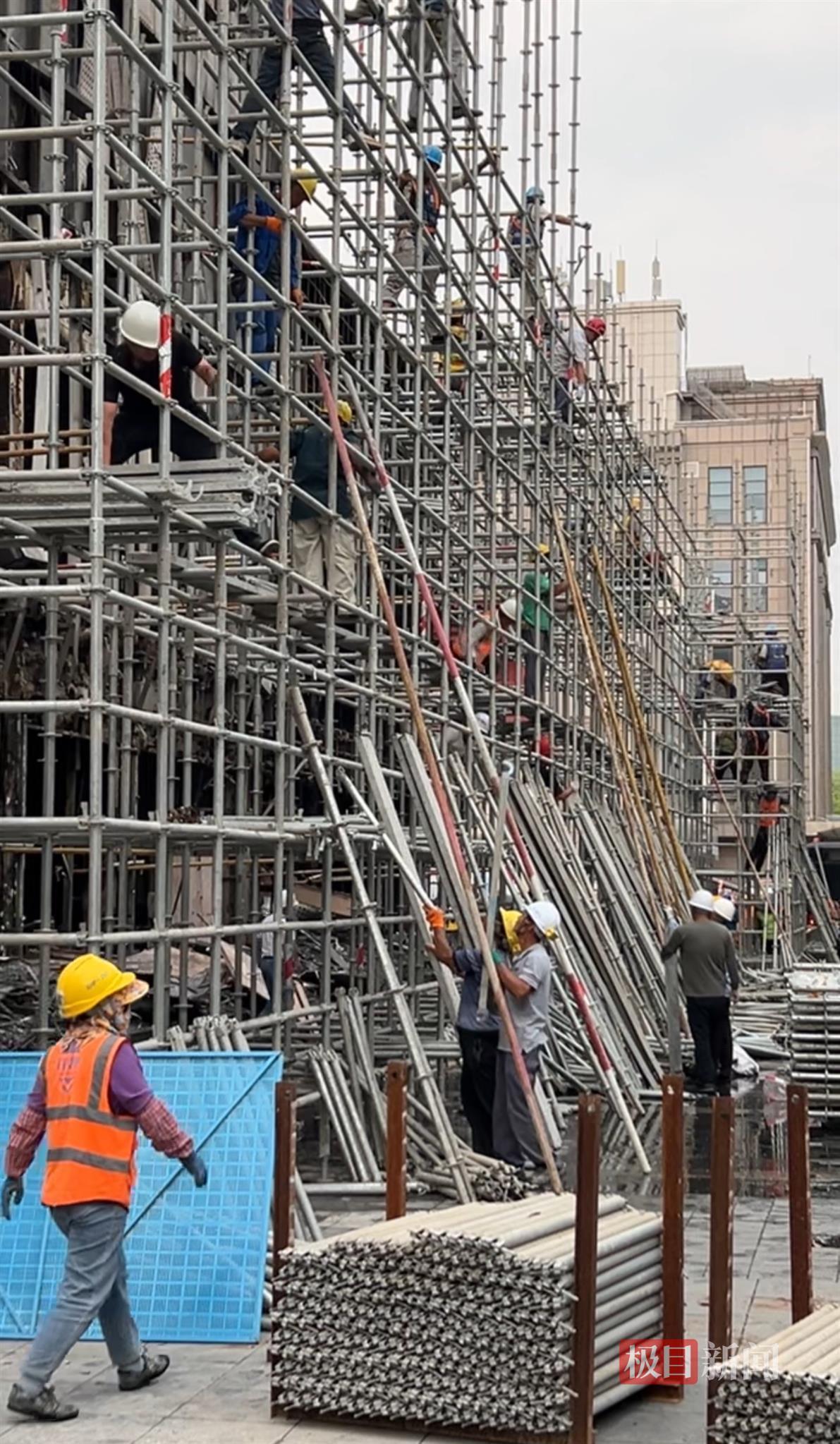 极目新闻记者 柳琛琛。5月29日,山东省济南市历下区应急管理局通报,上午10时55分左右,济南泉城路中段一商铺产生火灾,5人受轻微伤送医院医治,还有1人失联。省市区已发动应急处置机制,起火原因正在查询
...[详细]
极目新闻记者 柳琛琛。5月29日,山东省济南市历下区应急管理局通报,上午10时55分左右,济南泉城路中段一商铺产生火灾,5人受轻微伤送医院医治,还有1人失联。省市区已发动应急处置机制,起火原因正在查询
...[详细]
-
 湖北日报讯 记者肖丽琼、通讯员陈光耀、实习生王煦)湖北“拧毛巾式”为企业下降工商业用电本钱后,还有再降的空间吗?4月10日从省开展变革委价格处得悉,湖北节假日深谷电价机制将于5月1日正式施行,新划分出
...[详细]
湖北日报讯 记者肖丽琼、通讯员陈光耀、实习生王煦)湖北“拧毛巾式”为企业下降工商业用电本钱后,还有再降的空间吗?4月10日从省开展变革委价格处得悉,湖北节假日深谷电价机制将于5月1日正式施行,新划分出
...[详细]
-
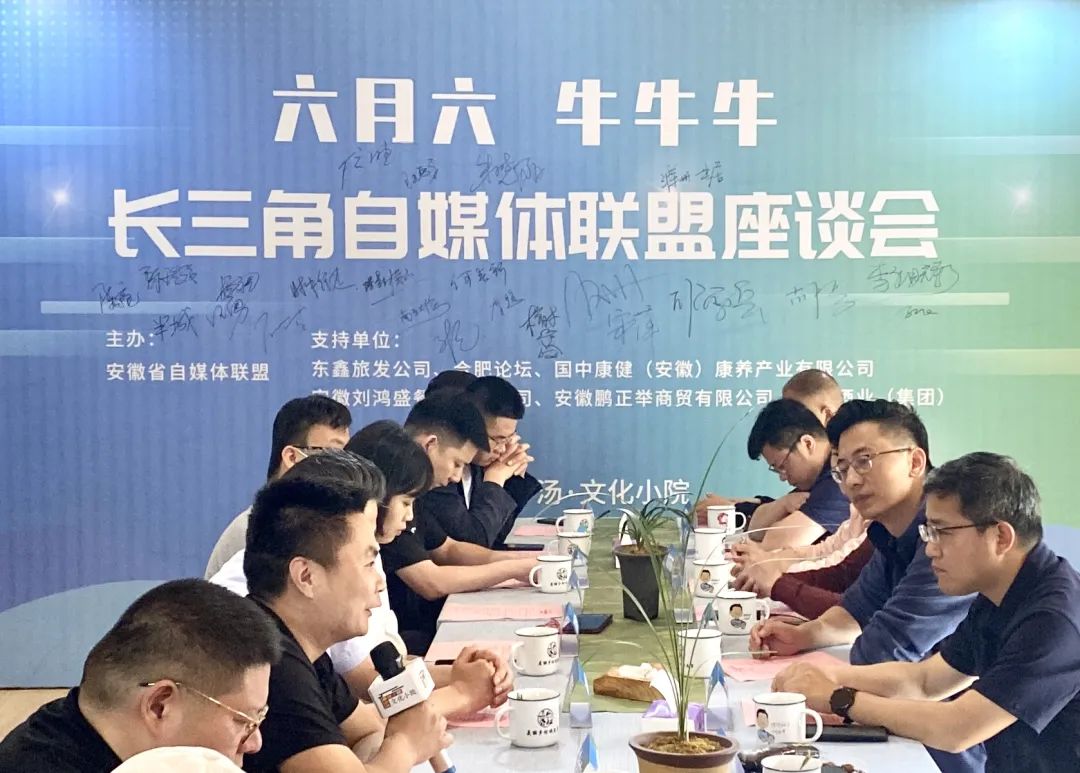 6月6日上午,长三角自媒体联盟座谈会在半汤温泉摄生休假区举办,来自6省6市的自媒体人团聚文明小院,共商开展大计,共话醉美半汤,活动由安徽省自媒体联盟主办,东鑫旅发公司等单位支撑。半汤温泉摄生休假区管委
...[详细]
6月6日上午,长三角自媒体联盟座谈会在半汤温泉摄生休假区举办,来自6省6市的自媒体人团聚文明小院,共商开展大计,共话醉美半汤,活动由安徽省自媒体联盟主办,东鑫旅发公司等单位支撑。半汤温泉摄生休假区管委
...[详细]

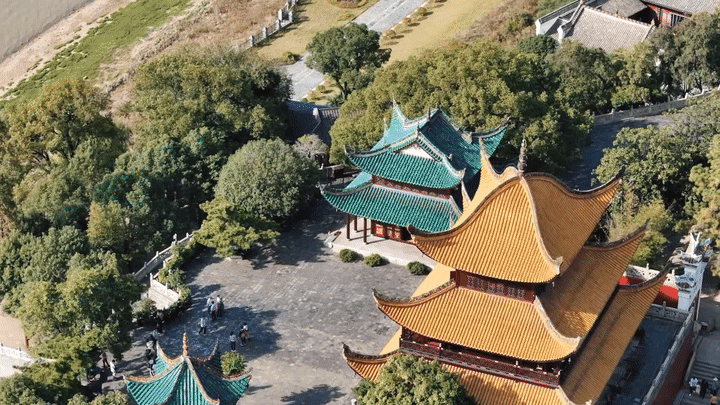 新时代我国调研行之文明中华|文物数字化让文明遗产活起来
新时代我国调研行之文明中华|文物数字化让文明遗产活起来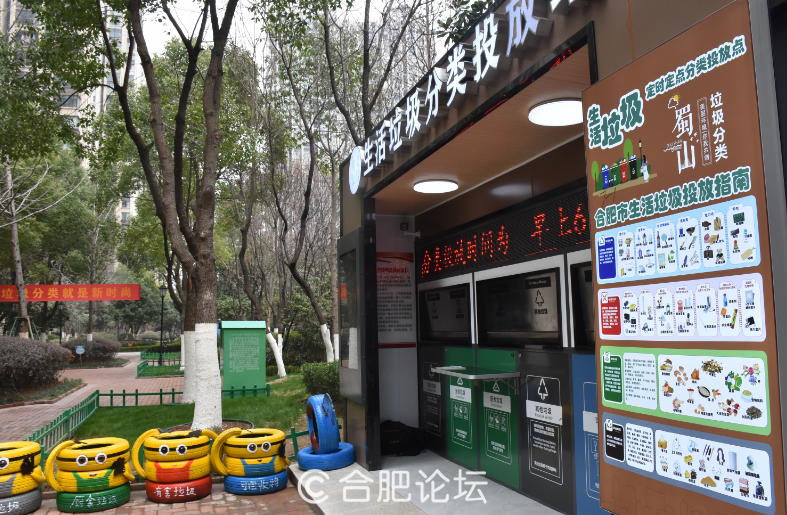 蜀山区1103座日子废物分类站点全启用
蜀山区1103座日子废物分类站点全启用 湖北省人民代表大会常务委员会关于同意《武汉市推动科技立异中心建造法令》的抉择
湖北省人民代表大会常务委员会关于同意《武汉市推动科技立异中心建造法令》的抉择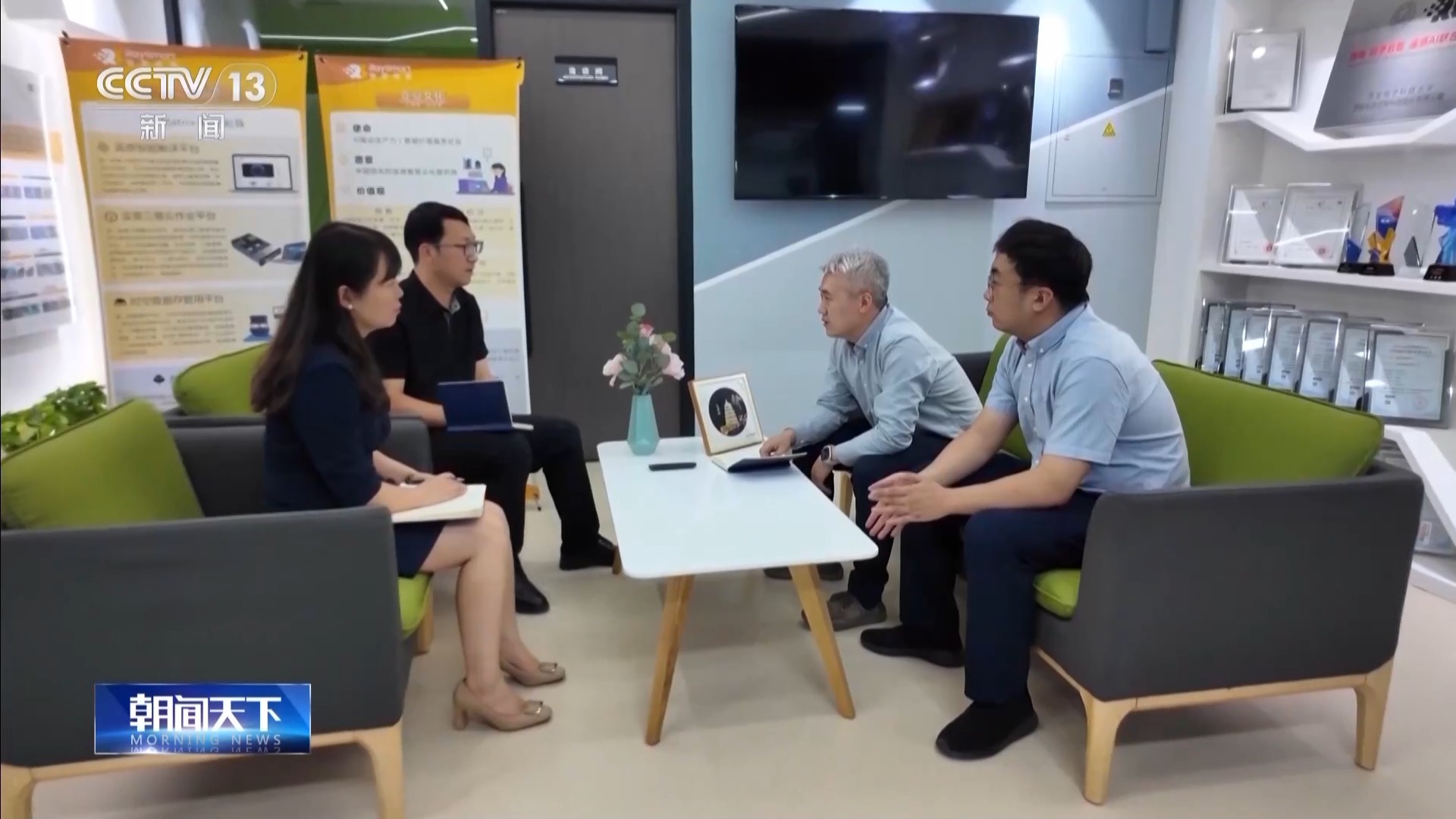 怎么让科研成果顺畅从实验室迈向商场?科技稳妥来兜底
怎么让科研成果顺畅从实验室迈向商场?科技稳妥来兜底 对美加征84%关税怎么履行 海关总署发布公告
对美加征84%关税怎么履行 海关总署发布公告
